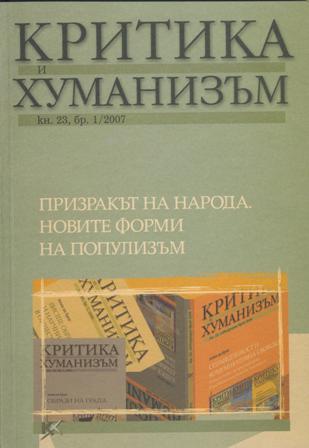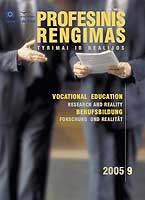
The Populist Zeitgeist in Today’s Europe
Популисткият Zeitgeist в днешна Европа
Keywords: Zeitgeist; populism; ideology; politics; culture; media; defending dmocracy; liberal autocracy
I am thinking about what is the challenge of populism: Is it an opportunity or is it a threat? To answer this question, we have to make a distinction between populism as an ideology, and populism as a style. My position would be that even though, theoretically, populism as an ideology is a key threat, in practice, today in Europe, populism as a style is the main threat. Let me explain. Without going into a detailed discussion of the definition of populism as an ideology and as a style, I will say that here I use the term ‘populism’ as what is called a ‘fan-centred ideology’ – which means that it is an ideology with a limited range, unlike liberalism or socialism, but like nationalism, for example.
More...

